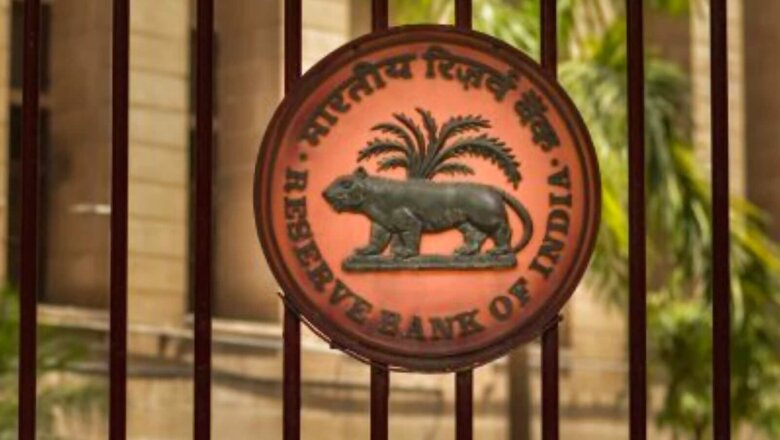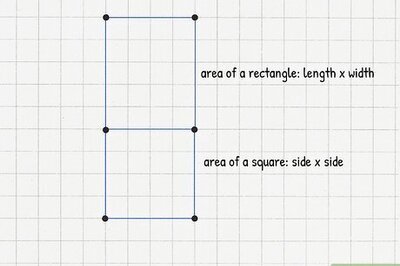
views
Bond yields continued their northward journey, as they surged further to hit a near three-year high after the consumer price inflation data showed a faster acceleration than economists had estimated. Yesterday, yields hardened ahead of the March Consumer Price Index (CPI) inflation numbers, expected to stay above the 6-per cent mark. The yield of the 10-year bond hardened by 28 bps in the last three trading sessions — that is, since the RBI monetary policy review.
Today, the 10-year bond yield rose 8 basis points in the opening to 7.278 per cent. At 11am, the 10-year bond yield was trading at 7.239 per cent – a level last seen on May 23, 2019, up 5 basis points from its previous close of 7.19 per cent. Bond yields and prices move in opposite directions.
The retail inflation data, which was released by the government after market hours, showed March inflation at 6.95 per cent — a 17-month high. Food prices, which contribute to nearly half of Food prices, which contribute to nearly half of the CPI, climbed 7.68 per cent year-on-year in March, compared with 5.85 per cent a month before.
CPI inflation — the main yardstick of the RBI’s policymaking — is averaged above 6 per cent for the January-March quarter. The central bank has a mandate for targeting inflation at 4 per cent, with a variation of +/- 2 per cent on both sides. The RBI is answerable to lawmakers if it misses the band for three consecutive quarters.
Economists said inflation concern may compel the six-member monetary policy committee (MPC) to start hiking the repo rate from its June policy.
“CPI inflation exceeded the RBI’s target range materially, as rising food, logistics, and energy prices added to inflation. We revise our CPI forecast to 5.8 per cent for FY23, and now expect four 25-bp rate hikes from the RBI in FY23, starting from the June MPC meeting,” said Rahul Bajoria, managing director and chief India economist, Barclays, adding April CPI inflation is likely to be around 7.1 per cent.
“Inflation for 2021-22 stands at 5.5 per cent, and is expected by the RBI to rise to 5.7 per cent for FY23,” added Bajoria.
Brokerage firm UBS Securities now expects a 50-75bps hike in repo (policy) rate in FY23. The bond yield is already under pressure amid higher borrowing supply, surge in crude oil prices and also after the RBI decided to introduce a liquidity absorption tool at 3.75 per cent, called the standing deposit facility, which will now be the floor of the interest rate corridor. By practically making redundant the reverse repo, which stands at 3.35 per cent, the RBI has affected an indirect tightening of 40 basis points.
The RBI also raised its annual inflation forecast to 5.7 per cent from 4.5 per cent, while lowering the growth projection for FY23 to 7.2 per cent from 7.8 per cent, in its bi-monthly policy.
“The Russia-Ukraine war has caused a sharp increase in global energy and commodity prices. China’s tightening of COVID-19-related restrictions is a potential source of new supply chain disruption. In addition, the full impact of pass-through of higher global crude oil prices to retail domestic prices of gasoline and diesel is not yet reflected in headline inflation numbers and will be felt in the month of April” said Tanvee Gupta Jain, Chief India Economist, UBS Securities.
Bond yields are expected to harden further after inflation numbers presumably hit 7.5 per cent in the first half of the current fiscal year.
“With CPI inflation surging in March 2022, we expect the 10-year government securities (G-Sec) yield to cross 7.2 per cent imminently. With dimming hopes of early bond index inclusion, the 10-year G-Sec yield could test 7.5 per cent in the first half of FY23,” said Aditi Nayar, chief economist, ICRA.
Read all the Latest Business News and Breaking News here


















Comments
0 comment